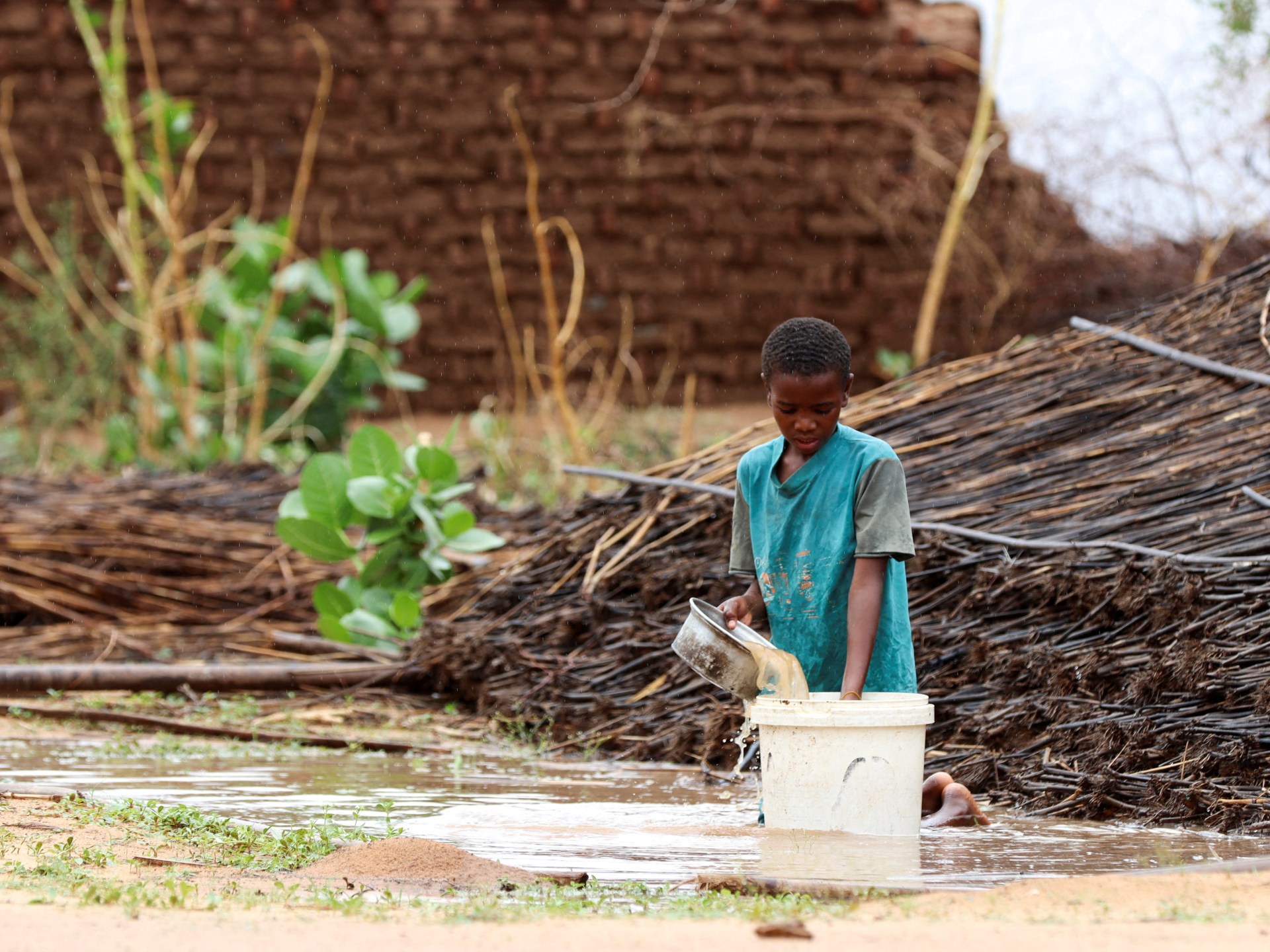Aid freezes and withdrawals leave Sudan’s needy battling famine alone

As relief organizations stop providing essential humanitarian aid, Sudan is in the grip of a growing humanitarian crisis.
Up to 80% of Sudan’s emergency food kitchens have been reported to have been closed as a result of the country’s recent freeze in humanitarian aid, while the dramatic reduction in the presence of medical NGO Doctors Without Borders, known by its French acronym MSF, has resulted in some of the worst-hit regions of the country having no emergency medical cover as the violence levels rise.
Since April 2023, Sudan’s Armed Forces (SAF) and paramilitary Rapid Support Forces (RSF) have been at war. Tens of thousands of civilians have been killed, many more have been injured, and 12 million people have been displaced, according to estimates.
Famine, according to the UN’s World Food Programme (WFP) has already taken hold in more than 10 areas, with a further 17 reported to be on the brink of famine.
Nevertheless, despite the rapidly deteriorating humanitarian situation, there appears to be no letup in the fighting, with the Sudanese army currently advancing in the capital Khartoum, and the RSF announcing the formation of a rival government.
USAID freeze
Therefore, US President Donald Trump’s executive order to halt USAID’s 90-day payments comes at a crucial time for Sudan, where its facilities provided a lifeline to millions of people in need.
According to a report from the BBC about the suspension of US foreign aid, 1,100 communal kitchens were shut down, and a volunteer at one of the shuttered kitchens claimed that people had resorted to “knocking on volunteers’ doors” in search of assistance.
Responding to the impact of its decision, the US Department of State claimed to have issued a waiver for “life-saving” food and humanitarian assistance programmes. The Reuters news agency reported on Friday that only $100 million of exemptions had been approved for USAID programs, compared to the roughly $ 40 billion the agency had previously spent annually on programs, despite the fact that those waivers do not appear to have led to the resume of humanitarian assistance to Sudan and many other nations.
In fact, Reuters reported, that most of the $5.3bn in foreign aid released under the waivers were for arms sales, military assistance, and anti-drug smuggling, according to a review of a list of exemptions.
The WFP said that it has received 13 waivers for Sudan-related grants, but is unclear about what will happen to future funding.
Hunger crisis
The WFP has said that Sudan risks becoming the “world’s largest hunger crisis in recent history”, with its brutal civil war destroying livelihoods, infrastructure, trade routes and supply chains across the country. The famine, first confirmed in North Darfur’s Zamzam camp in August, has since spread, with now an estimated 24.6 million people currently facing acute hunger, the UN said.
The RSF has been besieged for months in North Darfur, making its largest city, el-Fasher, especially dangerous, where about half a million people have fled the conflict and have been displaced there. In recent weeks, the group has increased its offensives, including attacking Zamzam camp itself, where about half a million people have been displaced.
MSF has been forced to renounce Zamzam as a result of the fighting.  , “Halting our project in the midst of a worsening disaster in Zamzam is a heartbreaking decision”, , said Yahya Kalilah, MSF’s Sudan country director.
We have little choice because of the violence’s immediate proximity, significant logistical difficulties, the inability to send experienced staff for adequate support, and uncertainty regarding routes to leave the camp for our colleagues and civilians.
RSF government
The organization continued with a ceremony in Nairobi, Kenya’s capital, to announce its intentions to form a rival Sudanese government despite the humanitarian crisis, which was primarily brought on by the RSF.
The , new government is not expected to receive widespread international recognition. However, as the RSF loses ground elsewhere, it would appear to be an effort to maintain control over the , western region of Darfur.
Foreign Minister Ali Youssef stated on Sunday that the army-aligned government “will not accept any other country recognising a so-called parallel government,” while the newly formed opposition has refused to acknowledge it.
UN Secretary-General Antonio Guterres spokeswoman for the country, citing the possibility of the country’s divisions, and said the new government would “increase the fragmentation of the country and risk making this crisis even worse.”
Source: Aljazeera
Leave a Reply